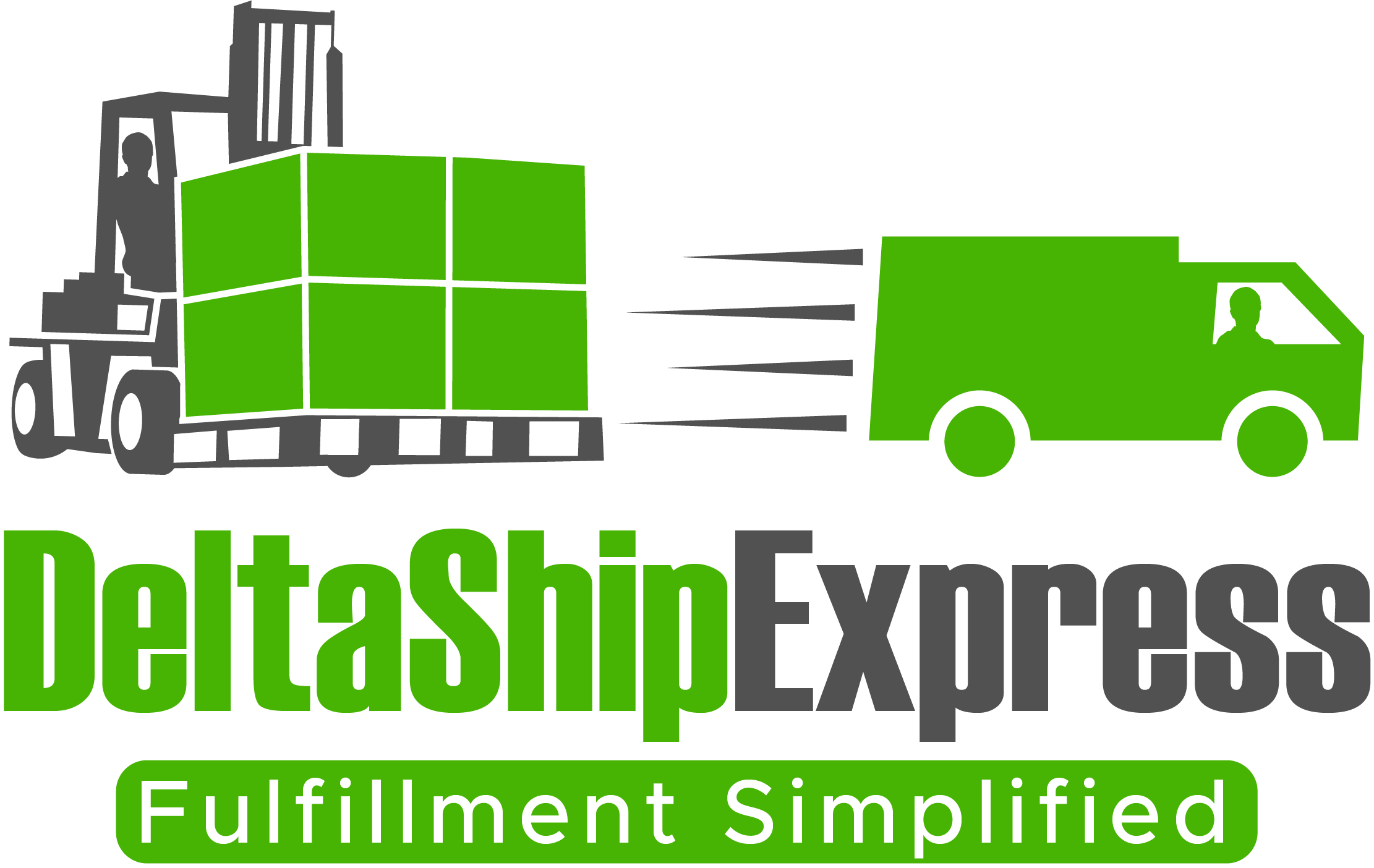Understanding B2B and B2C Distinctions
When it comes to 3PL services, understanding the distinctions between B2B (Business to Business) and B2C (Business to Consumer) needs is crucial. B2B transactions involve businesses selling products or services to other businesses, while B2C transactions involve businesses selling directly to consumers.
In the realm of packing services, B2B needs tend to be more standardized and focused on bulk shipments, where efficiency and consistency are paramount. On the other hand, B2C needs are often more varied, requiring more attention to individual packaging details and the overall customer experience.
For packing services to handle both B2B and B2C needs efficiently, it’s essential to tailor the packing processes and strategies to meet the specific requirements of each type of transaction. By understanding these distinctions, packing services can optimize their operations to cater effectively to both business models.
Successfully addressing packing services for B2B and B2C customers means recognizing the unique challenges and priorities of each segment. With tailored approaches, packing services can streamline operations, enhance customer satisfaction, and ultimately boost overall business performance.
Versatility of 3PL Services
The versatility of packing services is a key factor in how efficiently they can handle both B2B and B2C needs. These services are adaptable to a wide range of products, industries, and packaging requirements, making them well-suited for diverse business models.
One of the advantages of packing services is their ability to scale operations according to the volume and complexity of orders. This scalability allows them to meet the demands of both B2B clients with large, regular shipments and B2C customers with smaller, more frequent orders.
By offering a spectrum of packing options, from basic packaging to custom-designed solutions, packing services can cater to the unique needs of each client. This flexibility enables them to provide efficient and tailored packing solutions that align with the specific requirements of B2B and B2C transactions.
The adaptability of packing services extends beyond just the physical packing process. These services often include additional offerings such as inventory management, order fulfillment, and shipping logistics, providing comprehensive support for businesses of all sizes and types.
In today’s dynamic business landscape, packing services play a crucial role in enabling businesses to meet the evolving needs of both B2B and B2C markets. Their versatility and agility make them indispensable partners in ensuring efficient and effective product delivery processes.
Tailoring Services to B2B Requirements
Tailoring packing services to meet the specific requirements of B2B clients involves optimizing processes for efficiency, reliability, and cost-effectiveness. For businesses engaged in B2B transactions, streamlined packing workflows are essential to maintain supply chain effectiveness and meet delivery deadlines.
When catering to B2B needs, 3PL services often focus on aspects such as bulk packaging, palletization, and labeling for large shipments. These services work closely with businesses to understand their unique product specifications and packing preferences, ensuring that every order is handled with precision and care.
Efficient packing services tailored to B2B requirements not only ensure the safe transportation of goods but also contribute to enhancing brand reputation and customer satisfaction. By delivering products in pristine condition and on time, these services become valuable partners in the success of B2B businesses.
Moreover, customized packing services for B2B clients often include value-added services like quality checks, compliance verification, and return management. These additional offerings further support businesses in maintaining operational efficiency and meeting the stringent requirements of their commercial partners.
Addressing B2C Specific Needs
Packing services that cater to B2C specific needs must prioritize factors like presentation, sustainability, and customer experience. In the B2C sector, packaging plays a vital role in influencing consumer perceptions, brand loyalty, and repeat purchases.
To effectively address B2C requirements, 3PL services often focus on creating visually appealing packaging designs, using eco-friendly materials, and ensuring secure yet easy-to-open packages. These elements contribute to a positive unboxing experience for consumers and help differentiate brands in a competitive market.
The personalization of packing services for B2C customers extends to features like gift wrapping, customized branding, and personalized messaging. By incorporating these tailored elements, businesses can forge stronger emotional connections with their customers and leave a lasting impression.
In the realm of B2C transactions, packing services that offer efficient order processing, accurate labeling, and timely delivery are highly valued. Meeting these specific needs effectively requires a customer-centric approach that prioritizes convenience, transparency, and exceptional service quality.

